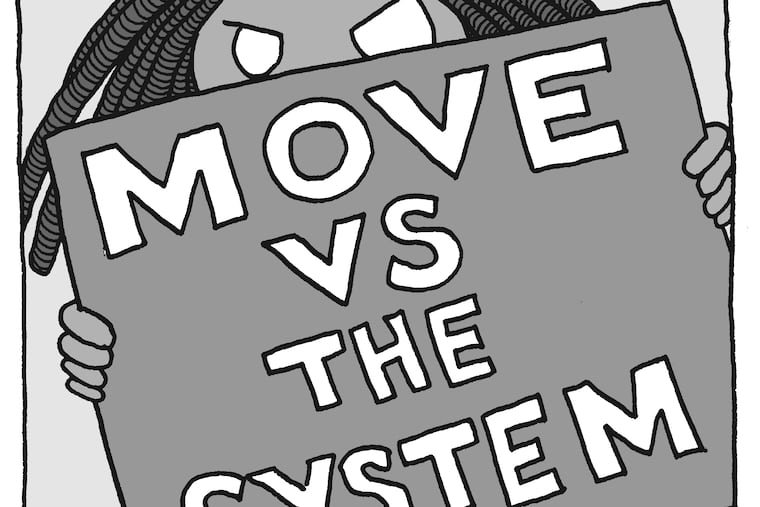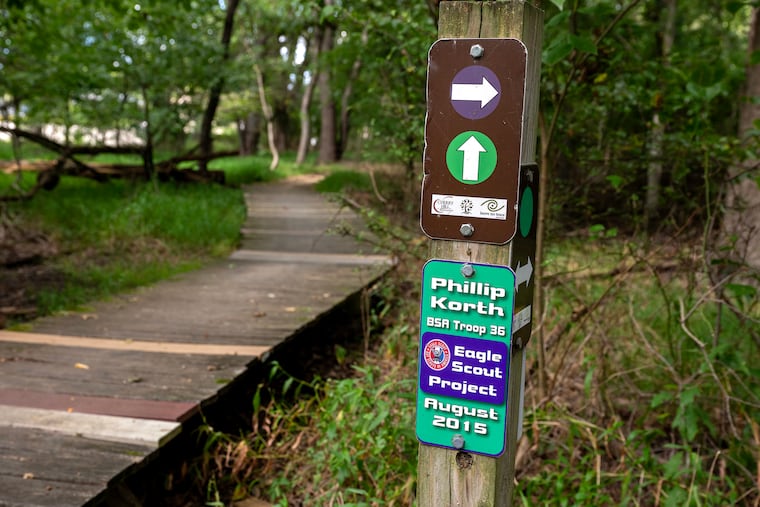White Afrikaners from South Africa seek refuge in the US amid concerns for their safety and future in their home country.

Johannesburg, South Africa – On a brisk Sunday evening, OR Tambo International Airport teemed with tourists and travelers, a testament to South Africa’s pivotal role in global exchange. Among those ready for embarkation was a group poised to board a charter flight to Washington Dulles International Airport in the United States.
As they stood in the international departure hall, their trolleys laden with luggage and personal items, the group – primarily young and all Afrikaner – quietly shared conversations amid the hustle and bustle of the terminal. These individuals were not just regular travelers; they were part of an exodus from South Africa, seeking refugee status in America.
Charl Kleinhaus, a 46-year-old claiming ownership of farmland in Limpopo, reported having faced threats and intimidation which led him to seek asylum earlier this year. His situation highlights the complex narratives surrounding land ownership and racial dynamics in South Africa. In a society where approximately 80% of the population is Black yet only 4% of land is held by this majority, legislation such as the Expropriation Act aims to address historical injustices linked to the apartheid era.
The U.S. administration has extended asylum opportunities to some members of the Afrikaner community, asserting that they face discrimination in a transformed South African landscape. Upon their arrival in Virginia, U.S. Deputy Secretary of State Christopher Landau welcomed the team, underscoring America’s respect for the Afrikaner culture and its historical contributions.
However, challenging narratives have emerged from various quarters regarding the claims of persecution. Leaders such as South African President Cyril Ramaphosa have contested accusations of a systemic “genocide” against Afrikaners, citing a lack of evidence supporting such assertions. The reality, as illustrated by statistical data, indicates that farmland ownership remains disproportionately held by white South Africans, while many Black individuals continue to struggle with land ownership.
Those advocating for refugee status often cite fears rooted in new legislation that seeks to uplift historically disenfranchised groups beyond their own. Prominent social justice voices underline that the South African landscape is evolving, with all societal groups encouraged to seek equity. Thuli Madonsela, a former public protector, pointed out that navigating this transition may be complex for some individuals accustomed to previous privileges.
As the Afrikaners make their way to new lives in the United States—settling primarily in states such as Texas and New York—they carry with them varied experiences of South Africa’s reconciliation journey, with an optimistic outlook for the future. The South African government maintains that resilience is key, emphasizing that the nation is built by its diverse inhabitants who benefits from mutual coexistence.
As South Africa continues to advance toward equity and justice, the ongoing dialogue about inclusivity and adaptation represents a hopeful narrative for all its people, regardless of background.
For those interested in cultural movements and narratives within the societal fabric, these developments mark an essential chapter in the understanding of post-apartheid South Africa.
#MiddleEastNews #CultureNews






